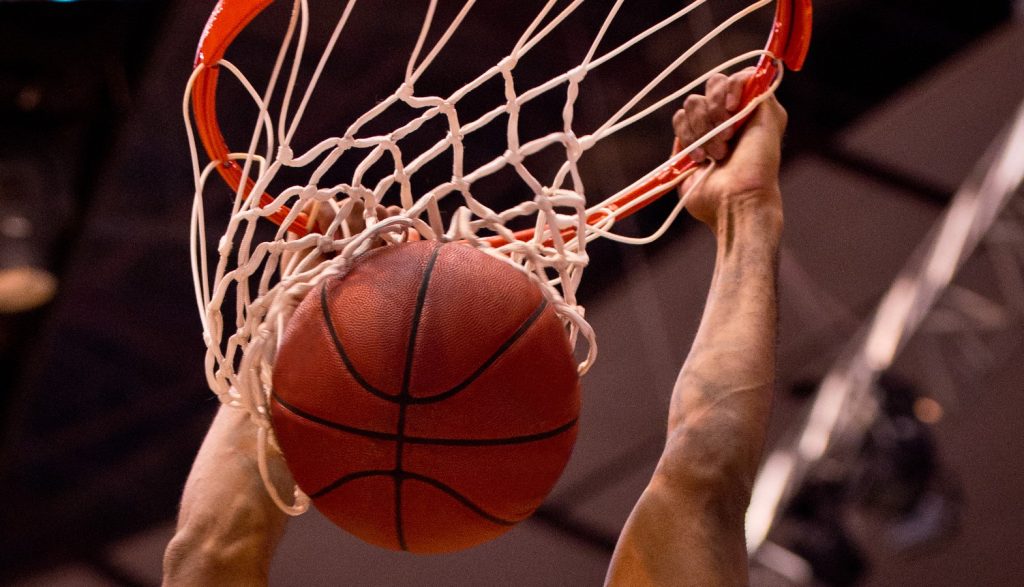Becoming a good basketball player takes more than just raw talent. It requires discipline, consistent practice, game intelligence, physical conditioning, and a strong mental attitude. Whether you’re an aspiring high school athlete, a pickup player, or someone aiming for college or pro-level competition, developing a well-rounded approach to your game is crucial.
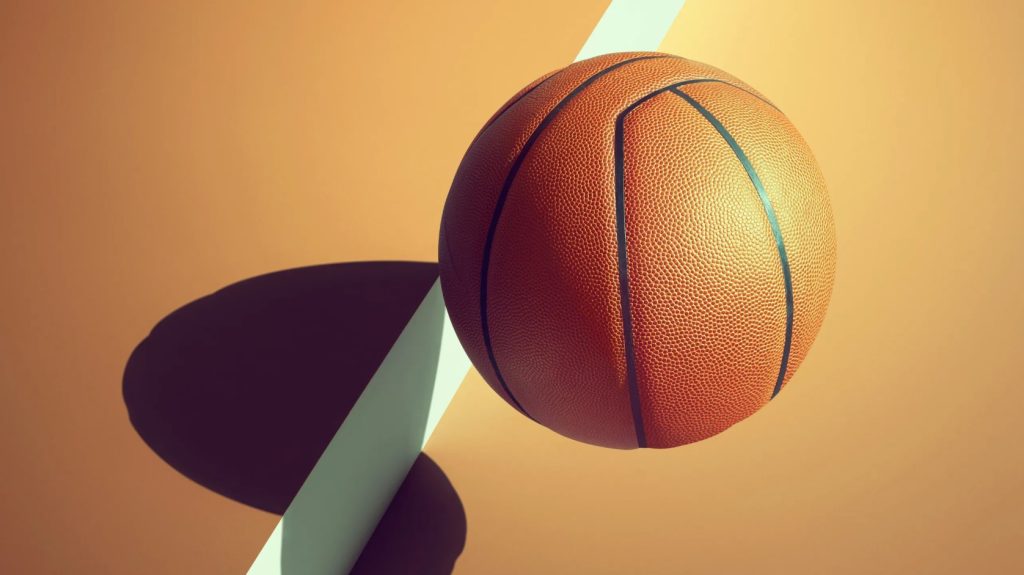
Table of Contents
This guide provides comprehensive tips—backed by training principles, strategies, and tables—to help you succeed on the court.
Core Qualities of a Good Basketball Player
The best players excel in multiple aspects of the game: physical, technical, mental, and social.
Key Attributes of a Great Basketball Player
| Quality | Description | Why It Matters |
|---|---|---|
| Physical Fitness | Strength, speed, agility, stamina | Enables endurance and injury prevention |
| Skill Proficiency | Shooting, passing, dribbling, defending | Direct impact on-game performance |
| Game IQ | Understanding plays, timing, spacing | Helps make smart decisions under pressure |
| Teamwork | Cooperation, unselfishness, communication | Leads to better chemistry and success |
| Mental Toughness | Confidence, focus, bounce-back ability | Maintains performance during adversity |
Tip #1: Master the Fundamentals
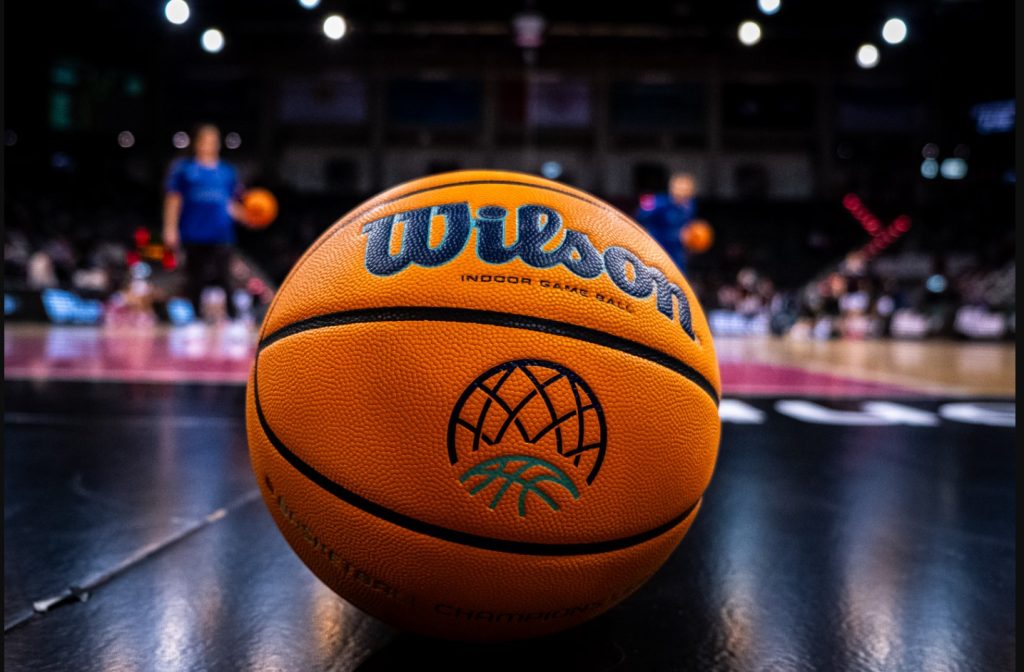
The foundation of every good basketball player is strong fundamentals.
Essential Skills and How to Develop Them
| Skill | Key Drill | Practice Tip |
|---|---|---|
| Shooting | B.E.E.F. (Balance, Eyes, Elbow, Follow-through) | Shoot 100 free throws daily |
| Dribbling | Two-ball dribbling, cone weaves | Use both hands equally |
| Passing | Chest pass, bounce pass, outlet drills | Work with a partner or wall |
| Defense | Shuffle drills, mirror drills | Keep low stance and stay on your toes |
| Rebounding | Box-out drills, jump timing | Focus on positioning, not just height |
Pro Tip: Spend 60–70% of your training time reinforcing these fundamentals.
Tip #2: Get in Top Physical Shape
Basketball demands speed, strength, endurance, and agility. A tired player is less effective.
Weekly Training Split for Basketball Fitness
| Day | Focus Area | Sample Activities |
|---|---|---|
| Monday | Strength Training | Bodyweight circuits, squats, push-ups |
| Tuesday | Cardio & Endurance | Sprints, suicides, 1-mile run |
| Wednesday | Agility & Footwork | Ladder drills, cone drills |
| Thursday | Skill Repetition | Shooting and ball-handling circuits |
| Friday | Game Simulation + Recovery | Scrimmages, cool-down yoga |
| Saturday | Flexibility + Mental Training | Stretching, visualization, review of game footage |
| Sunday | Rest and Recovery | Light stretching or complete rest |
Nutrition & Hydration also play a major role. Drink water regularly and fuel with complex carbs and lean proteins.
Tip #3: Develop a High Basketball IQ
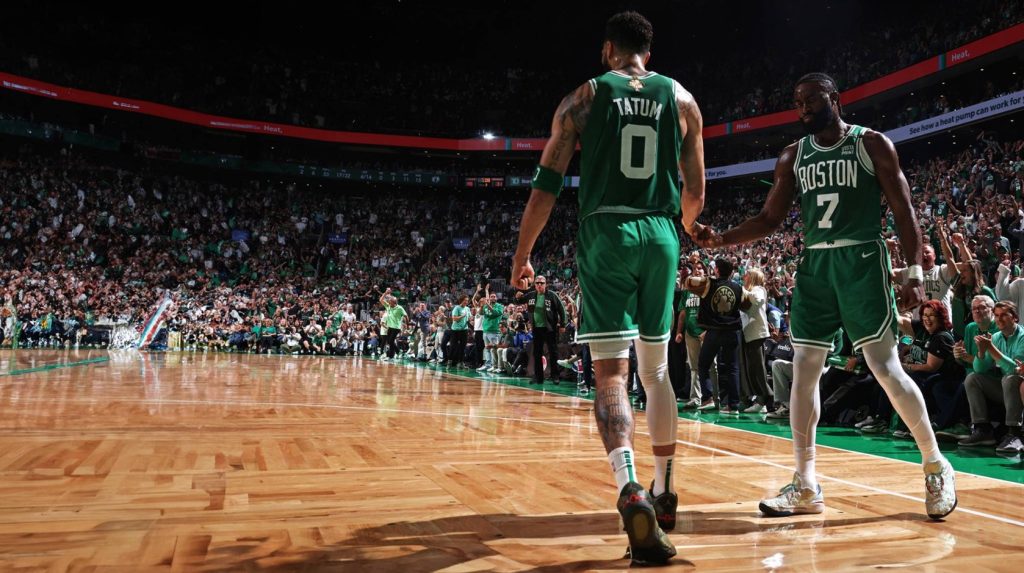
Basketball IQ separates good players from great ones. This refers to your understanding of game flow, tactics, timing, and decision-making.
Ways to Improve Basketball IQ
| Activity | Benefit |
|---|---|
| Watch professional games | Learn how elite players make decisions |
| Study game film | Identify mistakes and correct them |
| Learn plays and systems | Helps understand movement and spacing |
| Ask coaches for feedback | Gain new perspectives on strengths and weaknesses |
Example: A player who knows how to move without the ball becomes much more valuable on offense.
Be a Great Teammate
Good basketball players don’t just score—they lead, support, and elevate everyone around them.
Teamwork Do’s and Don’ts
| Do | Don’t |
|---|---|
| Communicate on defense | Play selfishly |
| Encourage teammates | Blame others for mistakes |
| Hustle even without the ball | Sulk after a turnover |
| Be coachable and respectful | Ignore feedback or instructions |
| Rotate and pass when needed | Take unnecessary contested shots |
Basketball is about trust. The best players are often the ones teammates rely on the most—both on and off the court.
Tip #5: Train Your Mind
Mental toughness is often overlooked but can be a game-changer. The ability to stay composed under pressure and bounce back from mistakes is what defines clutch players.
Mental Training Techniques
| Technique | Purpose |
|---|---|
| Visualization | Imagine successful shots and plays |
| Self-Talk | Use positive reinforcement (“I’ve got this”) |
| Breathing exercises | Stay calm during pressure moments |
| Goal setting | Set measurable short- and long-term goals |
| Journaling | Reflect on performance and improvement areas |
“You miss 100% of the shots you don’t take.” — Wayne Gretzky (also true in basketball).
Tip #6: Be Consistent and Disciplined
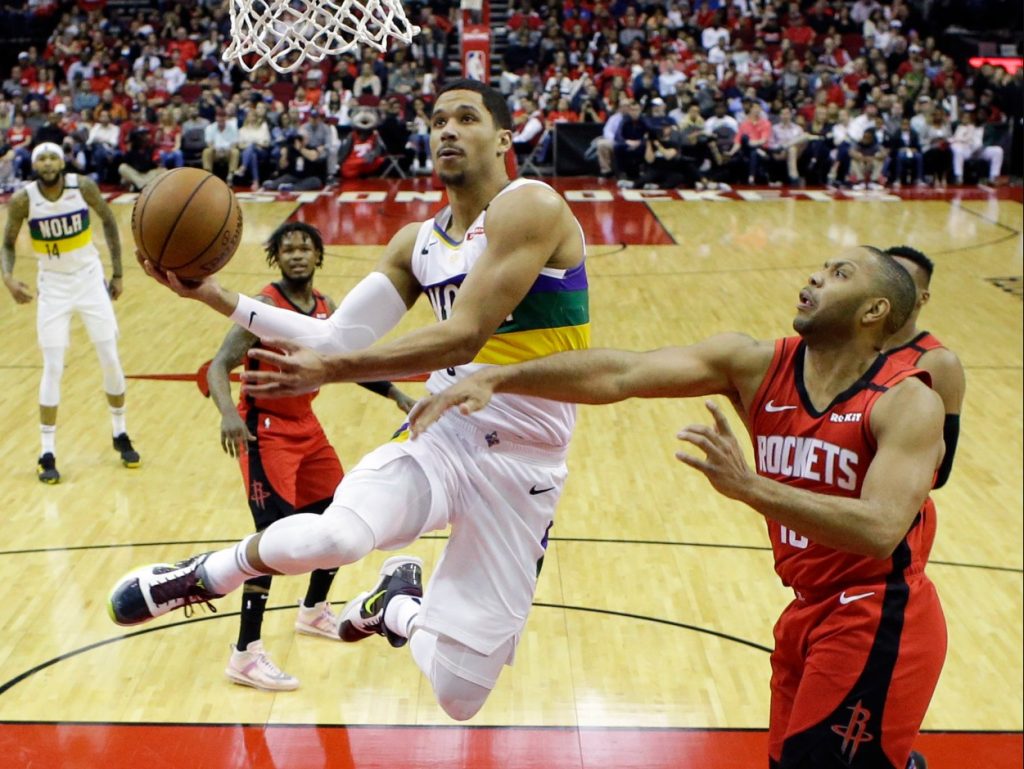
Talent means nothing without consistency. Becoming a good player is a process, not a one-time effort.
Short-Term vs. Long-Term Player Habits
| Short-Term Habit | Long-Term Impact |
|---|---|
| Practicing daily shooting | Improved shot mechanics and accuracy |
| Reviewing game tape weekly | Better decision-making |
| Keeping a fitness routine | Stronger, injury-resistant body |
| Attending every team session | Better chemistry and coach trust |
| Tracking personal stats | Accountability and growth |
Even 30 minutes a day of focused training compounds into major improvements over time.
Tip #7: Learn from Every Game
Every game, whether a win or a loss, provides feedback. The key is to review and apply lessons quickly.
Post-Game Checklist:
- ✅ What did I do well?
- ✅ Where did I struggle?
- ✅ Did I follow the team plan?
- ✅ How did I react to pressure?
- ✅ What should I work on next?
The best players aren’t perfect—they’re self-aware and willing to adjust.
Final Summary Table: Keys to Being a Good Basketball Player

| Area of Focus | Daily Action You Can Take |
|---|---|
| Skill Development | 100 shots, 30 minutes ball handling |
| Physical Training | Cardio + strength circuit (30–45 mins) |
| Mental Resilience | 5 minutes of breathing/visualization |
| Basketball IQ | Watch 1 game or film segment daily |
| Team Contribution | Encourage 2 teammates, pass selflessly |
Being a good basketball player isn’t about scoring the most points or having the flashiest moves. It’s about becoming reliable, well-rounded, and resilient. Build your foundation with strong fundamentals, train consistently, stay mentally sharp, and always strive to be a great teammate.
Success on the court starts with what you do off the court—one rep, one practice, and one decision at a time.


